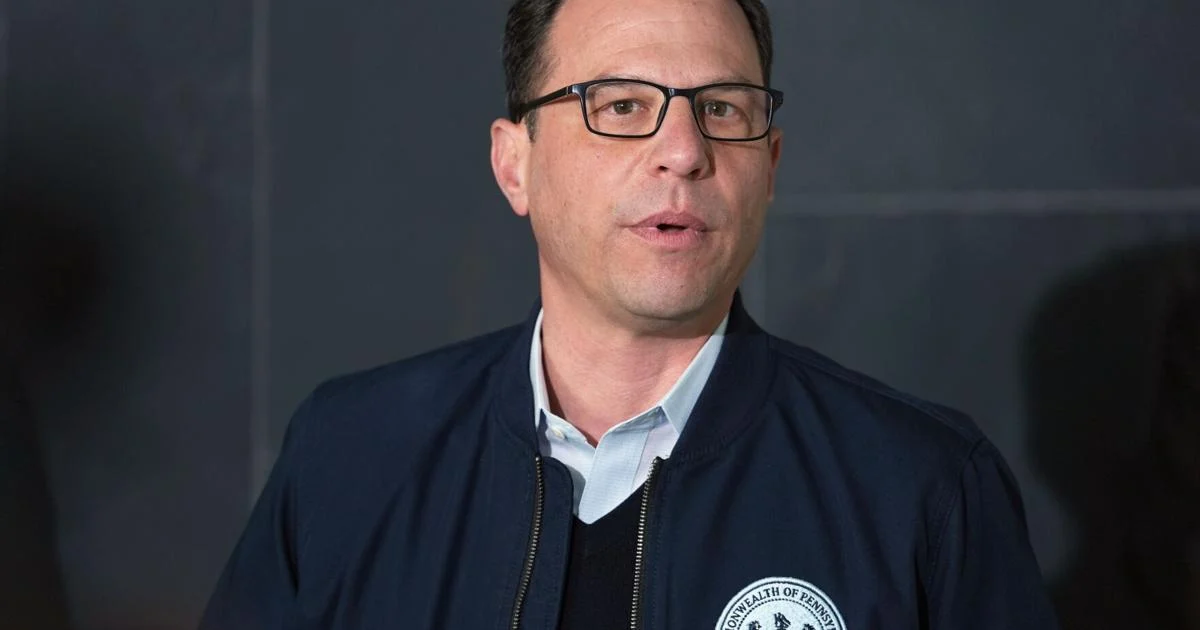Efforts to reschedule marijuana from its current classification as a Schedule I drug have stalled nearly two years after the Department of Health and Human Services recommended a change. The Drug Enforcement Administration (DEA) paused proceedings in January 2025, leaving many advocates questioning the future of federal marijuana policy.
Despite this setback, state-level initiatives to legalize marijuana continue to gain momentum. Currently, 39 states have legalized medical marijuana, while 24 states permit recreational use. This trend highlights a significant shift in public opinion towards cannabis, reflecting changing attitudes over the past decade.
Historically, the process of rescheduling marijuana has been lengthy, taking years or even decades. Paul Armentano, deputy director of the National Organization for the Reform of Marijuana Laws (NORML), noted that previous attempts at rescheduling have faced similar delays. For example, NORML petitioned the DEA in 1972 to classify cannabis as a Schedule II drug, but it wasn’t until 1988 that a DEA law judge recommended rescheduling. The DEA ultimately rejected this recommendation, and the petition was abandoned in 1994 after years of litigation.
Looking ahead, some experts believe that if the administration prioritizes marijuana reform, the rescheduling process could regain traction. Heather Trela, director of operations at the Rockefeller Institute, suggested that a strong push from President Trump could reignite efforts. However, early indications show that marijuana policy does not rank high on Trump’s agenda.
If marijuana is rescheduled, it would not necessarily lead to nationwide legalization. Trela explained that the political climate and competing issues could delay any significant federal action. The bipartisan STATES 2.0 Act, recently introduced in the House, aims to end federal prohibition and grant states the autonomy to establish their cannabis policies. This act aligns with the growing recognition that states should have the authority to regulate marijuana as they see fit.
Despite progress, challenges remain. Some states that have legalized cannabis are now facing efforts to roll back voter-approved laws. For instance, in Ohio, there are attempts to amend the recreational marijuana law approved just two years ago. Other states are adjusting their laws, such as lowering potency levels or struggling to pass sales regulations, which has left legal cannabis possession without a legal purchasing option in places like Virginia.
As of now, NORML is monitoring over 120 marijuana-related legislative measures at the state level, indicating that while success in legalization may be slowing, legislative efforts continue.
In the recent November elections, four states had marijuana-related measures on their ballots. Only Nebraska successfully passed its measures, while South Dakota, North Dakota, and Florida did not receive voter approval. This reflects a mixed response to legalization efforts across the country.
Daly, interim executive director for the Marijuana Policy Project, stated that with 24 states already legalizing adult-use marijuana, Congress should take action on federal cannabis reform. As public opinion continues to evolve, the push for legal reform remains a critical point of discussion in state and federal politics, highlighting the ongoing complexities of cannabis policy in America.

